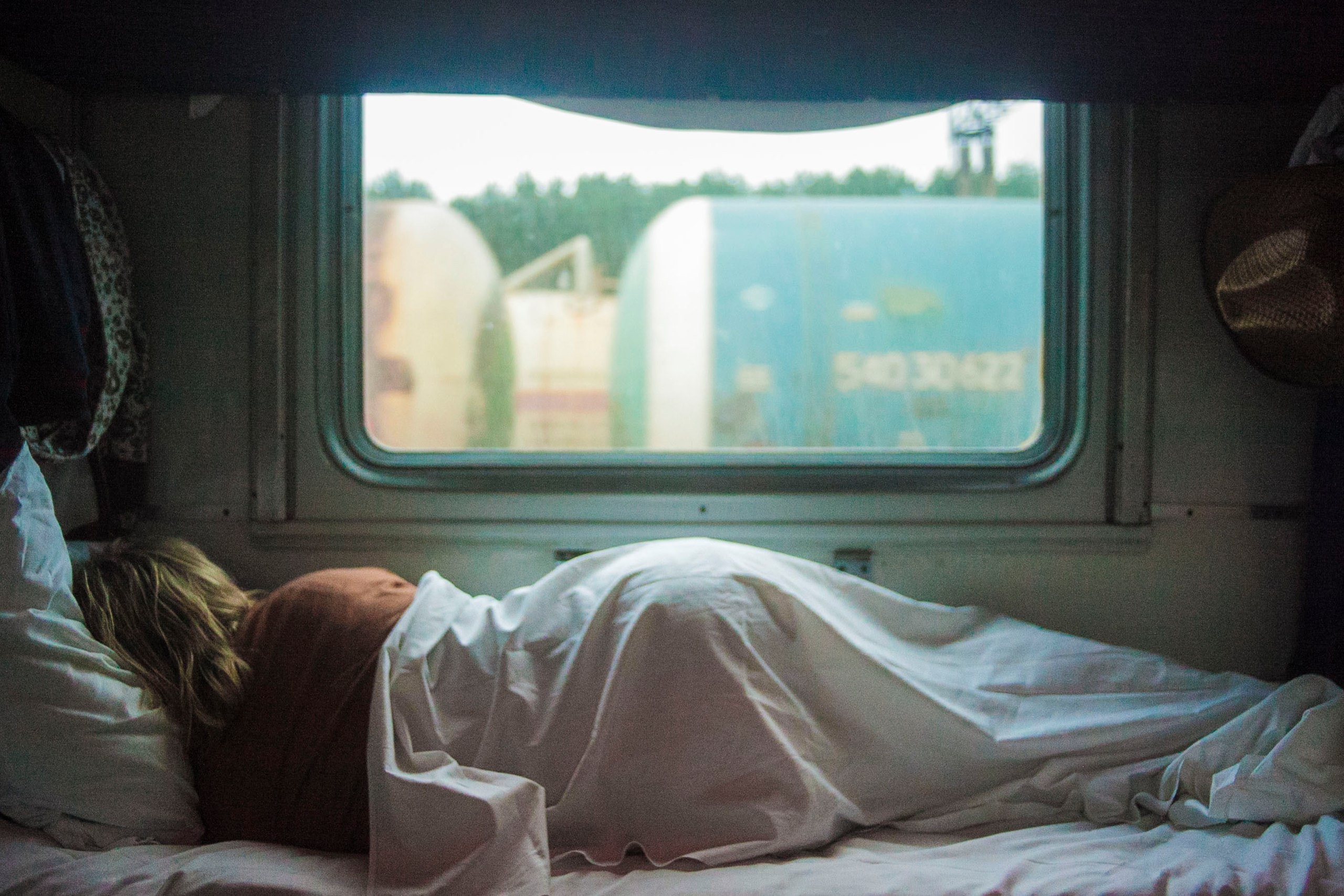
I am a night owl and have been trying to sleep well for the last 23 years of my life. And let me tell you it still looks like a never-ending journey.
I thought maybe this habit of conscious awakeness was random, but now at the age of 23, I can say that’s not true. Yes, you guessed it right—I am an insomniac.
Well, I am not alone in experiencing this sudden wave of insomnia. Almost 30% of adults experience short-term insomnia and around 10% of people have long-lasting insomnia.
After looking for countless solutions, I stumbled upon a technique, “The hot shower Technique”. Yes, It’s popular among celebrities like Kim Kardashian to entrepreneurs like Tim-Ferris.
It’s been 4 weeks using this hot shower technique and to be honest with you—It’s paying off my sleep debt. And here I am ready to share my experience of the same.
It’s best if you can note how it affected my sleep patterns because we often struggle with that a lot:
- Puts a Full stop on Your Mind-chatter
When you take a hot shower, it is cathartic, comforting, and at the same time relaxing. Several studies have found that the people who regularly hop into a hot shower before bed are less stressed, fatigued, and more likely to be happy.
At first, I tried this regime to distract my mind but the results from day one helped me to hit the hay early. I was more relaxed, easily asleep, and the most important part—I didn’t have to force my brain to sleep.
When you stop forcing your mind to sleep, your mind helps in increasing your sleep efficiency( the amount of time you spent sleeping rather than trying to sleep in a bed).
In simple words, the earlier you go to bed, the more time you spend in bed and make insomnia worse. A good rule of thumb is to reduce the time you allot for sleep by going to bed later or getting up earlier after the hot shower technique.
It sounds simple. And it is.
- Your Brain is Ready to Sleep
Statistics show that due to the impact of COVID-19 the prevalence of insomniac people significantly increased to 40%.
More and more people are having trouble getting some shuteye. That’s where the science behind the hot shower supports you.
You must have heard about the body’s circadian cycle.
Let me explain, here’s the case I can make with my experience, our body normally needs a water temperature range of 104 to 109 ºF (40 to 43 ºC) for improving our overall sleep quality.
And a hot shower worked best when I took it 1 or 2 hours before going to bed. Science suggests that a person’s body temperature drops by 0.5 to 1 degree around an hour before their sleep time.
This means it reduces the time required to fall asleep by facilitating such a drop and regulating blood circulation.
- Muscle Cramps- Gone!
I am a gym freak and some of you may also be. After hitting the gym and napping the entire day, muscle pain is one thing I can’t get rid of.
As it turns out, a hot shower has proven a holy grail for my muscle pains and cramps. It doesn’t eliminate the pain, but yes, it gets your blood flowing, which pushes more circulation and helps your sore muscles relax.
Establishing a routine worked great for my body whether it was taking showers at 9 p.m or 10. It’s best to set a suitable time within a gap of 1 hour since it helps the body to sleep tight.
- You fall Asleep Fast but Slowly
After this experiment, I learned a lot about the benefits of a hot shower. It makes your heart healthy, reduces inflammation, and soothes irritated skin.
In my case, it helped me to went out like a light.
Before this habit, I used to force my mind by always raving “why am I unable to sleep? Or I should sleep tomorrow, I have an important meeting”.
We all feel this guilt and unproductive feeling of not falling asleep early.
I get you.
This is where a hot shower technique helped me to let it be, let the thoughts be the way they are, and trick my brain to fall asleep easily.
Few words
Yes, the hot shower technique does work but let’s not put any more pressure on ourselves to fall asleep quickly.
This way you’ll not only hit the sack early but also encourage your mind to sleep and complete the sleep hours. When you don’t put pressure on your mind your brain automatically reacts to your body temperature and perceives that it’s time to rest.

